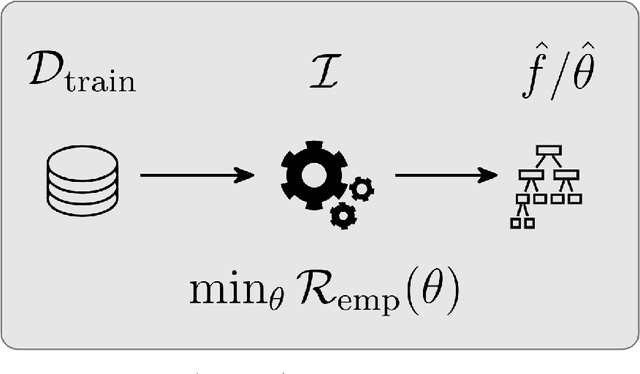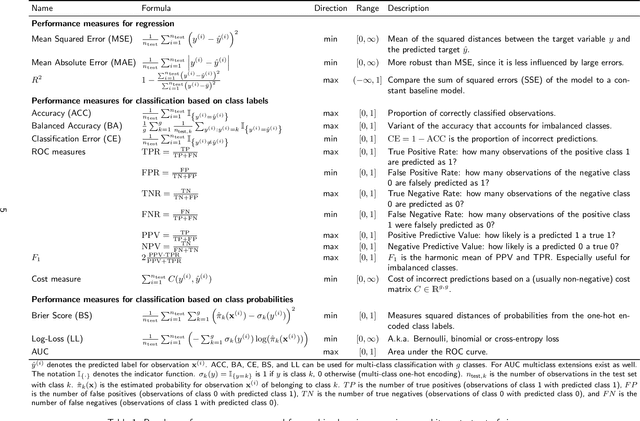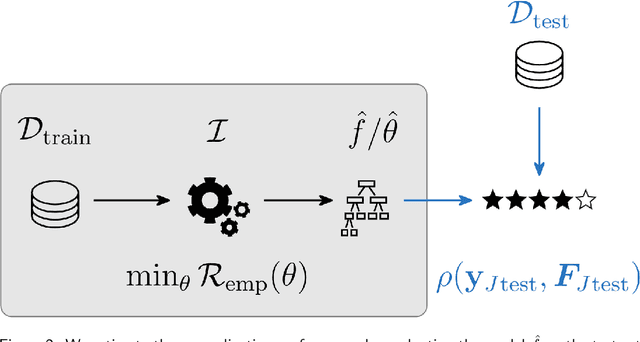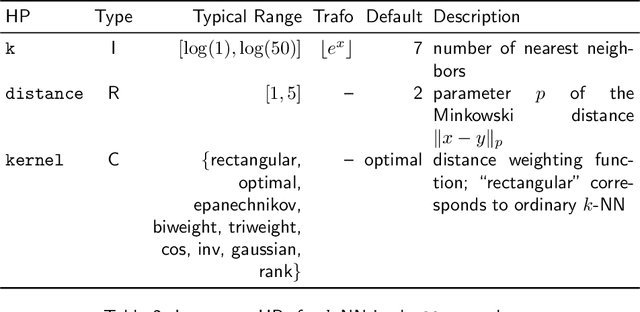Theresa Ullmann
Beyond algorithm hyperparameters: on preprocessing hyperparameters and associated pitfalls in machine learning applications
Dec 04, 2024



Abstract:Adequately generating and evaluating prediction models based on supervised machine learning (ML) is often challenging, especially for less experienced users in applied research areas. Special attention is required in settings where the model generation process involves hyperparameter tuning, i.e. data-driven optimization of different types of hyperparameters to improve the predictive performance of the resulting model. Discussions about tuning typically focus on the hyperparameters of the ML algorithm (e.g., the minimum number of observations in each terminal node for a tree-based algorithm). In this context, it is often neglected that hyperparameters also exist for the preprocessing steps that are applied to the data before it is provided to the algorithm (e.g., how to handle missing feature values in the data). As a consequence, users experimenting with different preprocessing options to improve model performance may be unaware that this constitutes a form of hyperparameter tuning - albeit informal and unsystematic - and thus may fail to report or account for this optimization. To illuminate this issue, this paper reviews and empirically illustrates different procedures for generating and evaluating prediction models, explicitly addressing the different ways algorithm and preprocessing hyperparameters are typically handled by applied ML users. By highlighting potential pitfalls, especially those that may lead to exaggerated performance claims, this review aims to further improve the quality of predictive modeling in ML applications.
Hyperparameter Optimization: Foundations, Algorithms, Best Practices and Open Challenges
Jul 14, 2021



Abstract:Most machine learning algorithms are configured by one or several hyperparameters that must be carefully chosen and often considerably impact performance. To avoid a time consuming and unreproducible manual trial-and-error process to find well-performing hyperparameter configurations, various automatic hyperparameter optimization (HPO) methods, e.g., based on resampling error estimation for supervised machine learning, can be employed. After introducing HPO from a general perspective, this paper reviews important HPO methods such as grid or random search, evolutionary algorithms, Bayesian optimization, Hyperband and racing. It gives practical recommendations regarding important choices to be made when conducting HPO, including the HPO algorithms themselves, performance evaluation, how to combine HPO with ML pipelines, runtime improvements, and parallelization.
 Add to Chrome
Add to Chrome Add to Firefox
Add to Firefox Add to Edge
Add to Edge